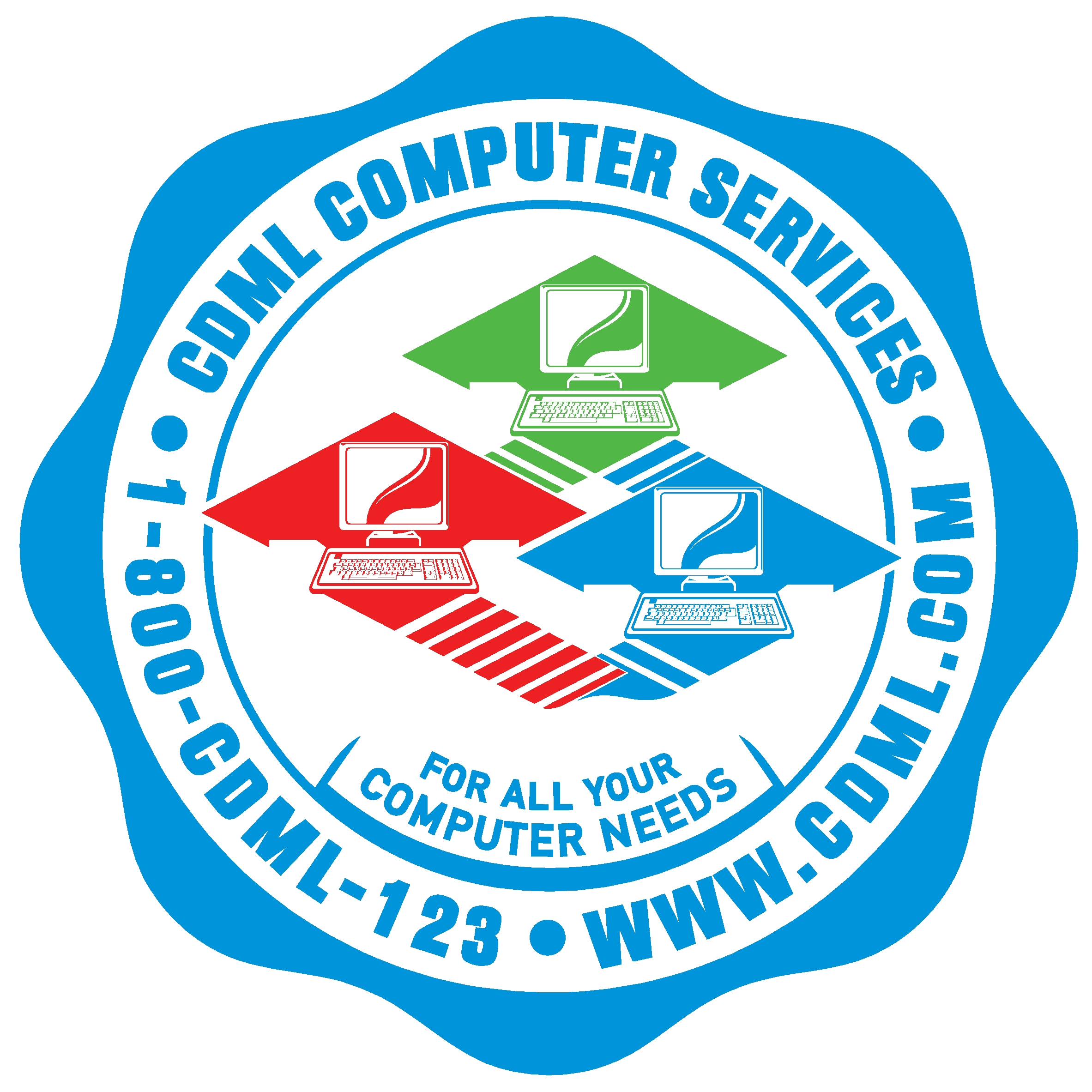Navigating Compliance for Medical Providers in New York Part 1 of 2
A Guide to HIPAA, NY SHIELD Act, and PCI Regulations

Medical providers in New York face a complex web of regulatory requirements designed to protect patient information, secure sensitive data, and ensure the integrity of financial transactions. Among these, the Health Insurance Portability and Accountability Act (HIPAA), the New York SHIELD Act, and Payment Card Industry Data Security Standards (PCI DSS) play pivotal roles. This two-part series will first break down these regulations, highlighting their technology-related sections and overlapping requirements. The second part will explore how CDML Computer Services can help providers achieve and maintain compliance efficiently.
Understanding the Technology Regulations
HIPAA (Health Insurance Portability and Accountability Act)
HIPAA requires medical providers to safeguard Protected Health Information (PHI) through its Privacy, Security, and Breach Notification Rules. Key technology-related sections include:
- Security Rule (§ 164.308 – Administrative Safeguards): Risk assessments, incident response plans, and staff training.
- Security Rule (§ 164.312 – Technical Safeguards): Encryption, access controls, and audit trails.
- Breach Notification Rule (§ 164.400): Mandates timely notification in the event of a data breach.
NY SHIELD Act
The SHIELD Act expands on data breach notification laws and requires businesses handling private data of New York residents to adopt reasonable safeguards. Its three main safeguards are:
- Administrative Safeguards: Employee training, security policies, and risk assessments.
- Technical Safeguards: Network monitoring, encryption, and software updates.
- Physical Safeguards: Preventing unauthorized physical access to data storage.
PCI DSS (Payment Card Industry Data Security Standards)
Medical providers accepting credit card payments must comply with PCI DSS. Core technology-related requirements include:
- Requirement 1: Install and maintain a firewall configuration to protect cardholder data.\n- Requirement 3: Protect stored cardholder data through encryption.\n- Requirement 11: Regularly test security systems and processes.
Shared Requirements Across Regulations
Despite being distinct, HIPAA, the SHIELD Act, and PCI DSS share many commonalities:
- Encryption of Sensitive Data: All three emphasize encrypting data both in transit and at rest.
- Access Controls: Limiting access to authorized individuals aligns with HIPAA’s Technical Safeguards, the SHIELD Act’s Technical Safeguards, and PCI DSS Requirement 7.
- Regular Risk Assessments: These assessments are mandated by HIPAA’s Administrative Safeguards, the SHIELD Act’s Administrative Safeguards, and PCI DSS.
- Incident Response Plans: Having a documented process for responding to breaches or incidents is critical for compliance across all three frameworks.
- Staff Training: Ensuring employees understand their role in protecting data is universally required.
Next in the Series
In Part 2, we will demonstrate how MSPs can help medical providers streamline compliance with tailored solutions, ranging from encryption and access controls to disaster recovery and incident response plans. By leveraging their expertise, providers can navigate these regulations efficiently and focus on delivering quality care to their patients.
Stay tuned for Part 2 to learn how your practice can turn these challenges into opportunities for improvement with CDML’s support.

